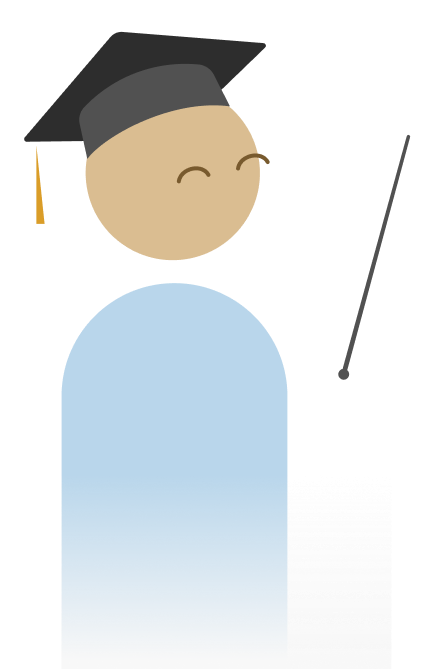Spine Research Foundation promotes fellowships in spine surgery through the Association of Spine Surgeons of India – ASSI. Starting from the year 2008, we have auspiciously trained more than 30 fellows in Spine Surgery. Abiding by its tradition to transform health care in spinal ailments, SRF offers an exceptional environment for learning and preparing surgeons to be leaders in their profession.
With your inspiration and heartfelt support, our foundation has recently been approved to provide Fellowship in Spine Surgery (FNB-Spine) under the National Board of Examinations (NBE), one of the premier institutions in the country.

book_2Fellowship Framework
Our fellowship program has a research driven curriculum which provides sufficient exposure to most spinal pathologies and ample opportunities for surgical training. This fellowship is a very structured and coveted training program in spine surgery.

Fellowship Commitmentsballot
Throughout the fellowship there is a lot of focus on academic involvement with mandatory presentations in conferences and publications in peer reviewed national and international journals.
The candidate for the ASSI long-term fellowship works in the capacity of a clinical registrar in spine surgery and is duty-bound to assist in the operating rooms, go round all admitted patients and see patients in the outpatient’s clinic.
He has specific targets so far as presentation and publications are concerned. The completion of this 2-year fellowship the candidates are quite confident and proficient in tackling most disorders of spine independently.
Applications are usually invited/ advertised in April/ May and the selection is over by August. The selected candidate joins from 1st October for a period of 2 years.
play_lessonCourse Highlights
play_lessonEligibility
account_balance_walletStipend
-
A fixed stipend is funded by Spine Research Foundation.
-
Please follow the link for further information:
http://www.assi.in/
https://www.natboard.edu.in/fellowship.phpPlease follow the link for further information:
assi.in
www.natboard.edu.in